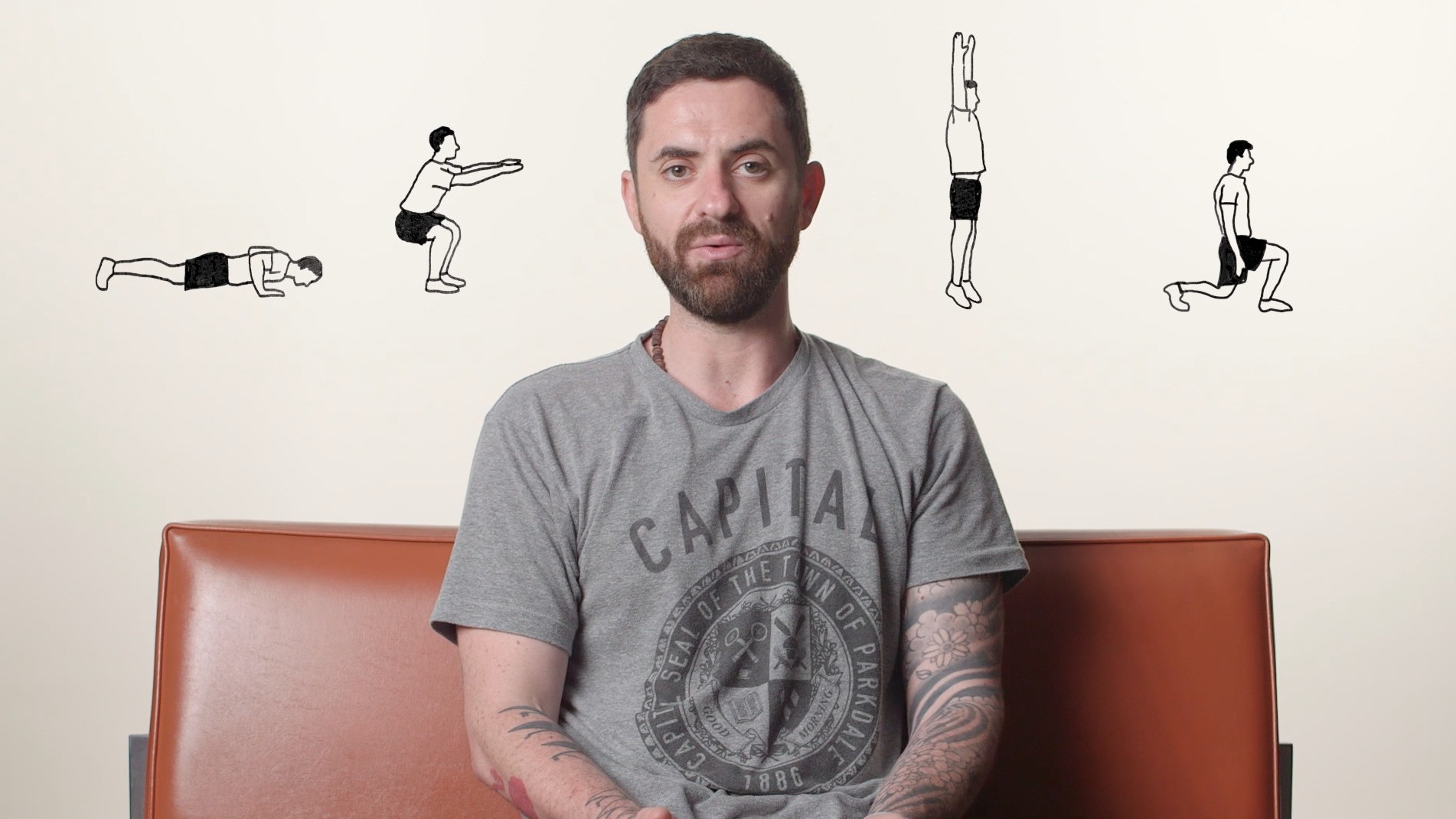Getty Images/Jakob Helbig
The case for taking carbs after exercise appears to be a simple one: After a tough workout, your body is depleted of glycogen—the name given to carbohydrate stored in your body—which needs to be replaced as soon as possible. Failure to do so, the idea goes, is cheating your muscles and putting the brakes on recovery.The best way to do this is to eat some pasta, rice, or potatoes within 45 minutes of finishing your workout. A special recovery drink containing a rapidly-digested source of carbohydrate, such as dextrose or maltodextrin, is even better.The carbs also jack up your insulin levels, which helps to shuttle nutrients into muscle cells, as well as having an anabolic effect on your muscles. In short, to maximize your results, it’s crucial to refuel after working out. Case closed. Or is it? I’m not so sure.First, let’s talk about glycogen. The idea behind taking a large amount of fast-acting carbohydrate after a workout is that it accelerates the rate at which glycogen, your body’s preferred source of fuel for intense exercise, is replaced. This in turn is supposed to help you recover and grow more quickly.It’s true that muscle glycogen is synthesized more rapidly if you take in carbs immediately after a workout rather than several hours later. In fact, delaying the consumption of post-workout carbs for just two hours has been shown to slow the rate of muscle glycogen resynthesis by as much as 50 percent.But as long as you’re getting enough carbohydrate in your diet, research shows that glycogen levels will return to normal after a day or two, regardless of when that carbohydrate is consumed. Put differently, the speed of post-exercise glycogen synthesis is not important as long as your total carbohydrate need for the day is met.
More from Tonic:
Unless you're doing multiple daily workouts, a diet that provides enough carbohydrate will restore glycogen regardless of whether or not it's taken immediately after a training session. Think of it like putting fuel in your car. The rate at which the pump dispenses fuel doesn’t matter too much. What's most important is the amount of fuel that gets into the tank, rather than the speed at which it gets in there.It’s a different story if you’re involved in a sport or activity where the length of time between exercise is relatively short. The training practices of some athletes, for example, will often demand multiple bouts of exercise targeting the same muscle groups on the same day.In this case, speeding up the rate at which glycogen is replenished takes on a much greater importance. You want those muscles ready for action again as soon as possible. In other words, the speed of glycogen restoration is important for some people in certain circumstances.But for most of us it isn’t, and muscle glycogen will be restored whether or not you make post-workout carbs a priority. The idea that taking carbs after a workout will increase the rate at which your muscles grow is also a myth. Here’s why:If you could take a closer look at a slice of muscle tissue, you’d see that it’s made up of many smaller muscle fibers. Your muscles get bigger when those individual fibers become thicker, a process called hypertrophy.For that to happen, the number of proteins inside those muscle fibers needs to be increased. And that can happen in one of two ways. You can increase the rate at which muscle protein is synthesized. Or, you can decrease the rate at which muscle protein is broken down. Think of it like running a business: Company profits get bigger when you sell more products or reduce your expenses. In much the same way, muscles can grow when protein synthesis goes up or protein breakdown goes down.The theory behind taking carbs after a workout is that doing so contributes to muscle growth by reducing the rate at which muscle protein is broken down. Science, however, tells a different story. In one study, a post-workout drink containing 50 grams of carbohydrate and 25 grams of whey protein failed to increase the build-up of muscle protein to a greater extent than 25 grams of protein alone.In another, three months of post-workout supplementation with maltodextrin—a type of fast acting carbohydrate—and whey protein delivered no muscle-building benefits compared to the protein shake alone.“Based on the available clinical data,” write researchers from the University of Auckland, “there is no evidence that the addition of carbohydrates to a protein supplement will increase, acutely, muscle protein synthesis and, chronically, lean body mass to a greater extent than protein alone.”In other words, if you’re getting some protein after a workout, the addition of carbohydrate isn’t going to help you gain muscle any faster. Bottom line? There’s nothing wrong with taking in carbohydrate after a training session. But it’s highly unlikely to make any difference to the speed at which you gain muscle, and is not as critical as was once believed.Sign up for our newsletter to get the best of Tonic delivered to your inbox.
Advertisement
More from Tonic:

Unless you're doing multiple daily workouts, a diet that provides enough carbohydrate will restore glycogen regardless of whether or not it's taken immediately after a training session. Think of it like putting fuel in your car. The rate at which the pump dispenses fuel doesn’t matter too much. What's most important is the amount of fuel that gets into the tank, rather than the speed at which it gets in there.
Advertisement
Advertisement